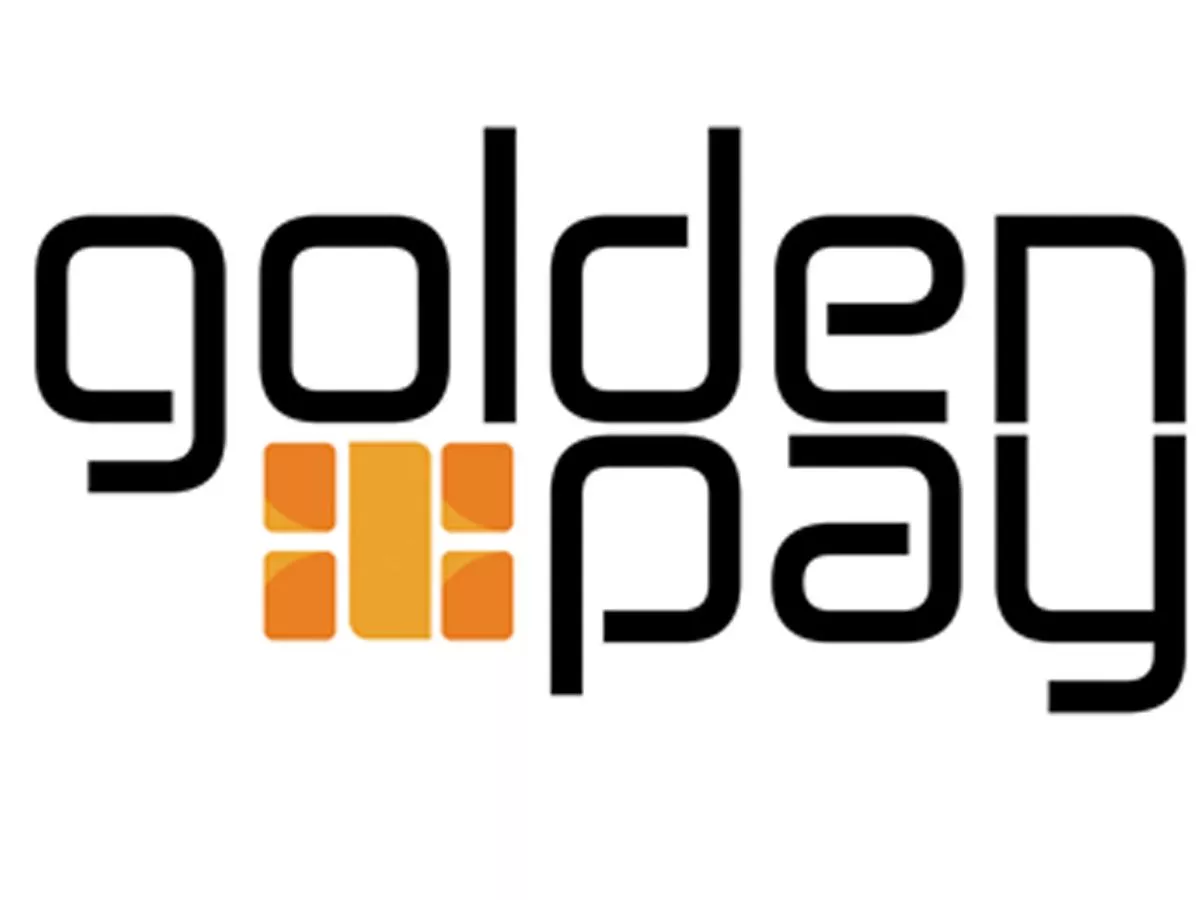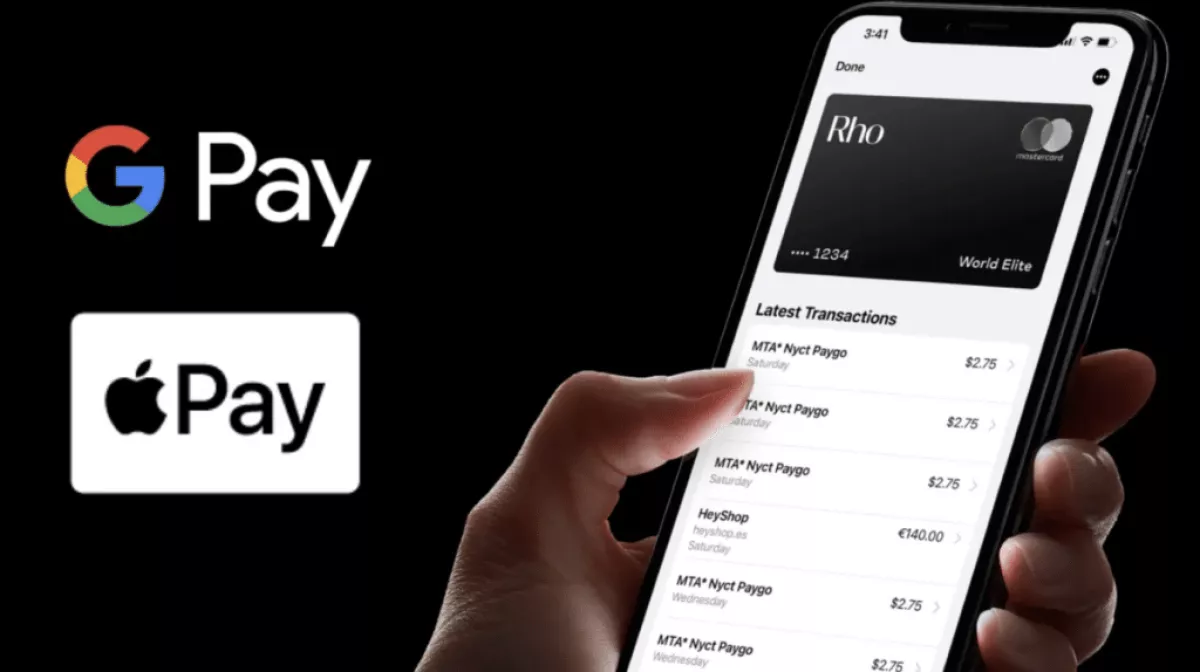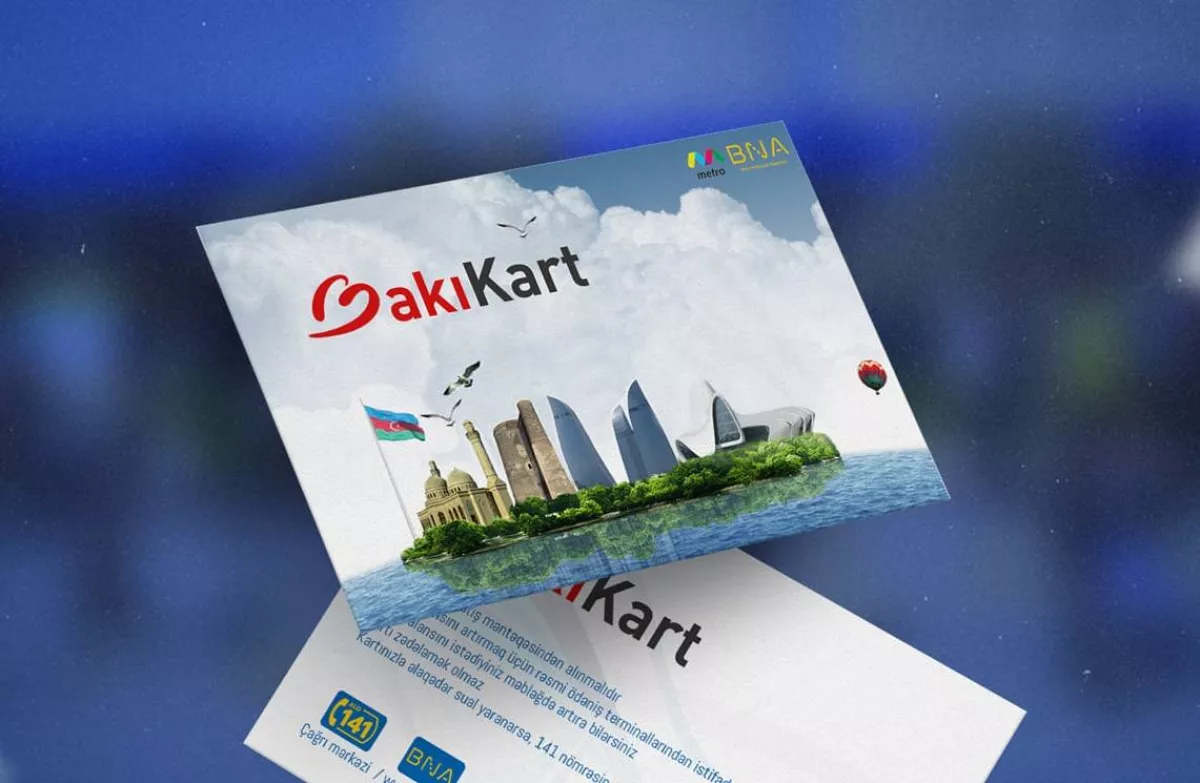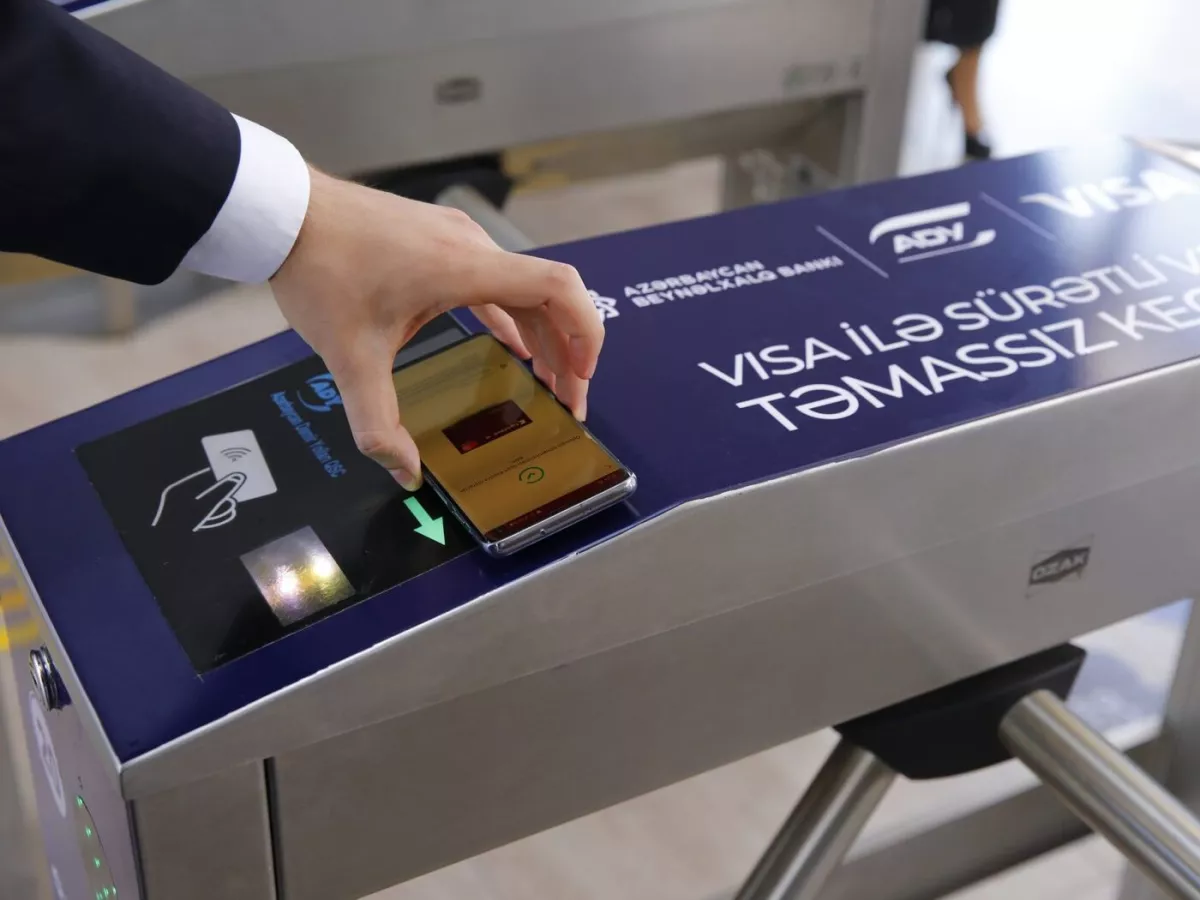Digital wallets: Shaping future of Azerbaijan's economy A new era of contactless payments
Recent strides in digital payment infrastructure have sparked a revolution in touch-free payments across Azerbaijan. The country's banking sector and payment systems have swiftly embraced contactless technologies, leading to a remarkable surge in tokenized transactions. With the Central Bank of Azerbaijan (CBA) recently awarding GoldenPay JSC an indefinite license to operate as an electronic money organization, the landscape is more dynamic than ever. Azerbaijan now boasts a diverse array of 12 licensed e-wallet service providers, each contributing to a vibrant ecosystem that seamlessly integrates mobile devices and NFC technology. The result? A digital payments boom that's transforming the way people handle transactions in this rapidly evolving market.
The extensive reforms implemented under the "State Programme for Expanding Digital Payments in Azerbaijan for 2018-2020" have acted as a catalyst, accelerating the expansion of IT infrastructure and the introduction of new software solutions in the banking sector, processing structures, and other domestic providers of electronic payment services. Intensified during the pandemic, these processes have contributed to a significant increase in e-commerce volumes, with cashless card transactions increasing more than tenfold.

Positive trends have further accelerated following the adoption of the "Law on Payment Services and Payment Systems," which has significantly expanded the capabilities of the digital payment infrastructure. The most active support in developing this infrastructure and the rapid advancement of contactless tokenised payment technologies in our country has been provided by the international payment systems MasterCard and Visa. Thanks to the efforts of these international entities, as well as the support of the Central Bank and commercial banks in the country, today, out of the 18.34 million payment cards available in Azerbaijan, the vast majority support contactless payments.
The advantages of this technology include significantly enhanced transaction security and protection of cards against counterfeiting and fraud. These mechanisms are extremely convenient for users, as contactless card payments do not require entering a PIN for the cardholder’s authentication. This notably reduces the time for card payment transactions, eliminates queues for businesses and service companies, and, of course, reduces the likelihood of criminals ‘spying’ on the critical numbers.
The rapid development of information technology in the banking sector of Azerbaijan, coupled with the expanding functionalities of mobile devices and their inclusion of payment tools, has created even more advanced opportunities for secure digital payments in the country. In particular, the advancement of the technological infrastructure for contactless payments has accelerated the adoption of payment mechanisms through mobile devices equipped with NFC (Near Field Communication) modules.
Today, the most sought-after technology worldwide has successfully replaced traditional plastic card payments across many sectors. With the introduction of international mobile payment services like Apple Pay and Google Pay in Azerbaijan about two years ago, the country has resolved key technical issues and established the infrastructure needed for implementing 'pays' solutions and connecting to global digital wallets.

These developments have been actively supported by the Central Bank, leading to a significant expansion of technical options in recent years. You can now add your cards to Google Wallet and pay using smartphones and other smart devices running on Android and Wear OS. This covers a range of uses, from making payments in stores and restaurants to accessing boarding passes and storing loyalty cards. In essence, your smartphone can now replace your bank card anywhere contactless payments are accepted.
The role of mobile contactless payments in expanding cashless transactions in the transport sector is becoming increasingly significant. Currently, the transport systems in Baku and Sumgait predominantly rely on the extensive BakiKart system, which is used both in metro and on buses. However, the number of mobile devices equipped with NFC (Near Field Communication) has notably increased in recent years, reducing the need for dedicated transport cards. Passengers can now simply tap their smartphone, smart watch, or smart bracelet against the bus validator or metro turnstile to pay for their journey.
In the future, contactless payments using e-wallets will enable government authorities to monitor passenger flows with unprecedented accuracy and introduce tailored benefits for students and other eligible groups. Additionally, smartphones and smartwatches can be topped up through various online methods, eliminating the need to find and queue at payment terminals.

To assess the effectiveness of the system, recent statistics from Baku Metro are illustrative. In the first half of 2024, over 1,884 million passengers used QR codes from mobile devices for fare payment, with the number rising by a record 69% in just the month of July. Over the past three years, there has been a noticeable increase in the digitalisation of payments in the rail transport sector. With the involvement of Visa, a contactless payment system has been introduced on the suburban trains of Baku, allowing passengers on the Baku-Sumgayit route to pay quickly and conveniently using contactless cards and now smartphones at 14 stations on the Absheron ring railway.
According to Visa data, the share of cashless payments in the Azerbaijan Railways system reached 30% in 2023 and continues to grow this year. In the next five years, smartphone payment options are set to become available on buses in several other cities across the country. As part of the 'smart city' project, digital platforms for contactless payment are also being implemented for taxis, car parking, bike and scooter rentals.

"One of the key trends in Azerbaijan is the growing popularity of digital wallets, which facilitate online payments and transfers," noted Naina Shukurova, GoldenPay Board Chairwoman during the Fintex Forum held last October. This sector of the financial industry is rapidly developing, and the Central Bank has issued indefinite licenses for electronic money institutions to A-Solutions, United Payment, Modenis, PashaPay, Mobile Payment Solutions, Paysis, Mpay, and PulPal. Additionally, licenses for payment institutions have been granted to Token Azərbaycan, Global Innovations, and Drakaris. The latest regulatory step in this direction is the granting of an indefinite license to OJSC GoldenPay to operate as an electronic money institution.
Thus, the total number of domestic organisations holding licenses in this sector has reached twelve. However, this number is expected to grow dynamically soon: recently, United Payment announced its intention to launch the e-wallet TURAN in Azerbaijan, focusing its efforts on serving individual citizens in the Business-to-Consumer (B2C) segment, particularly for electronic commerce payment services. United Payment plans to implement the TURAN e-wallet across all Turkic states, aiming to facilitate digital money transfers between countries through a unified wallet infrastructure, which is set to become the largest financial application in the Central Asia region.








